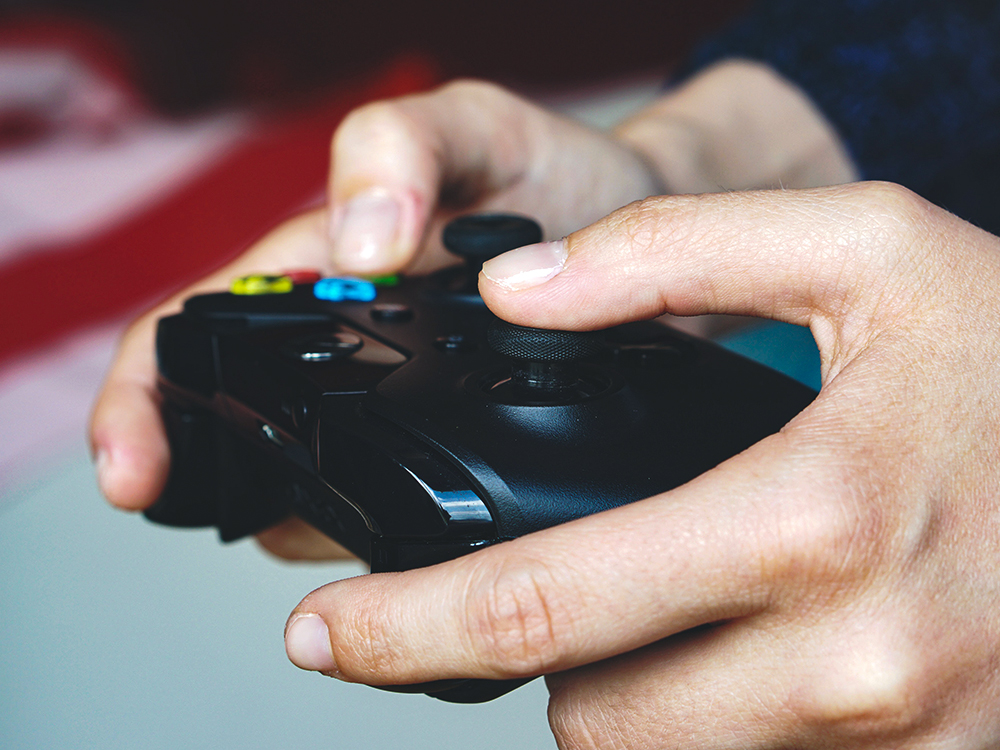Teaching Responsible Gaming Habits

The school year is well underway, and that means homework, projects and in-school programs. It also means balancing those responsibilities with leisure activities, which for many youths includes playing popular video games such as like “Fortnite,” “Minecraft,” “Overwatch” and “League of Legends.”
Developing a healthy division of work and play doesn’t have to mean restricting access. Parents should investigate what their child is playing and how to better understand what makes it a fun activity, said Christopher Camacho, senior lecturer for the School of Arts, Technology, and Emerging Communications.
“Make sure that your child understands that games are meant to be a reward for a job well done,” he said. “It is easier to enjoy a video game when you know that you have accomplished something.”
-
- Show interest: When your child shows interest in any video game, sit down with them and have them explain why they are interested. Have them show you some of their favorite trailers and see whether it is appropriate for their age.
-
- Share the experience: Observe how your child reacts to different situations and makes decisions. When your child isn’t around, play the game so you know what to expect next.
-
- Reward good behavior: Try and limit play time for when your child is finished with chores and homework.
-
- Limit time played: Thirty minutes to an hour may be a smart limit, but sometimes games require more time investment to feel a sense of accomplishment. If that is the case, sit down with your child so you can observe if they get an opportunity to save their progress.
- Be aware of online functions: With online games, make sure you know with whom your child is talking. It’s like any social situation: Know who your kid’s friends are.



